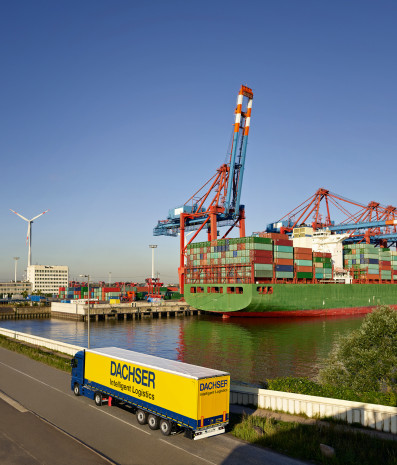Of course, the crisis can always be seen as an opportunity. For the DIY and garden centre sector, this has certainly been the case. More time at home and restricted leisure opportunities have given the trend for home improvement a powerful boost. This is reflected in the figures recently published by the German Retailers' Association for Home Improvement, Building, and Gardening (BHB): with total sales of EUR 22.14 billion in Germany, 2020 saw an increase of 13.8 per cent for DIY and garden centres.
One of the main things that helped consumers overcome lockdown blues was e-commerce. According to the German E-Commerce and Distance Selling Trade Association (BEVH), e-commerce sales (gross) increased by 23.2 per cent to EUR 45.2 bn in the first six months of 2021. BEVH managing director Christoph Wenk-Fischer sees initial signs here of a "substantial change" likely to endure beyond the pandemic.
In all these DIY growth scenarios, logistics plays a crucial role. What businesses need above all are strategic partnerships that pave the way for new business models. But to make this possible, they first need to ensure seamless, transparent transport of goods and the associated data - from the factory in Asia to the DIY centre, or, depending on the recipient's preference, right to their front door.
The bad news is that the dangers posed by the pandemic are still present and are being exacerbated by market effects. After all, the closure of manufacturing sites, borders, or retail outlets during lockdowns are not the only issues. Then there's the overloading of supply chains, the effects of which are currently making themselves felt worldwide as economic activity ramps up again. Whether it is the traffic jams blocking global trading routes, the increasing scarcity of containers and pallets, international customs and trade disputes impeding economic recovery, or the shortage of drivers in Europe to bring the goods from A to B: all these things have far-reaching effects on ordinary logistics processes and ultimately on cost and price structures. The reason is that resilient supply chains, which are founded on elements such as more broadly based supplier pools, are more complex by their very nature.
Managing them hinges on…

 Menü
Menü















 Newsletter
Newsletter